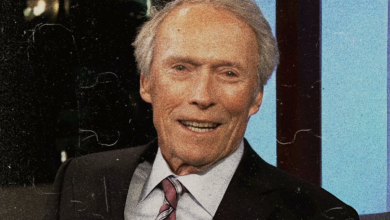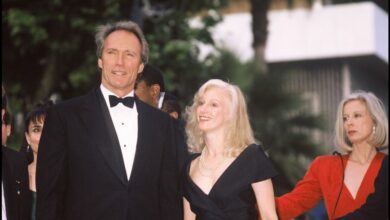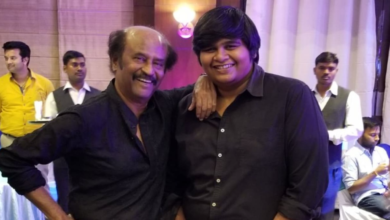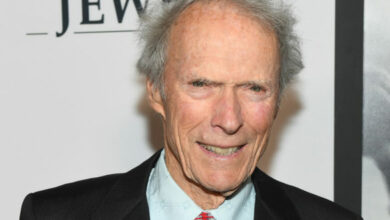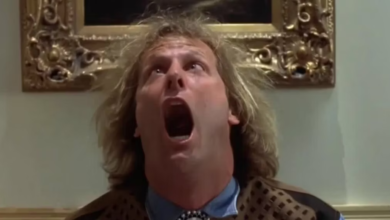Cry Macho: Clint the old cowboy sings one more swansong
The 91-year-old's gift for expressing everything by doing almost nothing gets better with age

So the longest valediction in cinema – perhaps the longest in all narrative arts – moves on to another sorrowful wave. It is nearly 30 years since Clint Eastwood edged towards the out-door with Unforgiven. By that stage the screenplay for Cry Macho, a near-western of the hokiest stripe, had been kicking around for two decades.
So venerable is the project that, on its first pass about the studios, Eastwood was too young to play the lead. Now, he is notably too old. It would be stretch to say it doesn’t matter. Only the most forgiving of his fans will fail to place embarrassed hands over eyes when a sprightly grandmother – maybe as young as 60 – throws herself at him (the least said about the woman 20 years her junior who does the same the soonest banished to the vaults). But, for all its abundant flaws, the world is a better place with Cry Macho in it.
When you hear that Eastwood plays a retired rodeo star – plainly written as 60 rather than 90 – dispatched to bring an old pal’s son back from Mexico you will worry that M Richard Nash’s ancient script, mildly revivified by Eastwood regular Nick Schenk, may prove a touch . . . Shall we say “problematic”? So it transpires. Howard Polk (Dwight Yoakam) tells Mike Milo (Eastwood) that young “Rafo” Polk (Eduardo Minett) is being misused by his awful mother south of the border. When Mike gets to Mexico City, he discovers that the woman is a criminal libertine and the son has taken to hanging about the city’s cockfights. Further uncomfortable stereotyping follows.
Friends along the way
The cockfight subplot does, at least, enable the year’s most striking animal performance. Macho (various chickens, I’m betting), Rafo’s prize fighter, joins the boy on his journey north and, after making friends along the way, closes out the film with the sort of unlikely non-human intervention that, thanks to perky contributions from friendly cougars, bears and deer, once ended episodes of Wonderful World of Disney. The entertainment industry’s past is all here.
It may seem unfair to dwell on Eastwood’s age, but it is impossible to wholly get past the issue. The film is set in 1980 and, if Mike really is supposed to be the star’s vintage, he would have been born 10 years from the end of the 19th century. A horse-taming sequence features some hilariously unconvincing cuts from a body double in dusty middle distance to closer shots of Clint sitting calmy on an apparently stationary object.
Such is the actor’s arboreal charisma, however, that only those with anthracite where hearts normally sit will be able to resist the growing connection between Mike and Rafo. Young Eduardo Minett has to struggle through uncomfortably gooey dialogue, but he puts his metaphorical shoulder to the metaphorical wheel and makes decent progress throughout. Eastwood has been cinema’s greatest facial miniaturist since Lyndon Johnson was President and, if anything, his gift for expressing everything by doing almost nothing has become more impressive with the passing years.
There is, at the centre of the drama, an outline of the late-late Eastwood film we really want to see. Temporarily holed up with a kindly saloon keeper (a lovely turn from Natalia Traven) in the desert, he becomes amateur vet to the local citizens. “I don’t know how to cure old,” he tells the owners of a decrepit dog. Sure you do, Clint. Sure you do. If only that were the whole movie.
Even those who find themselves unable to warm to Cry Macho will surely admit that the film’s presence in 21st century cinemas is a marvel. It is like turning up at the ferry port to find yourself ushered on to a tea clipper. A rickety tea clipper. One that looks as if it really has been around since the age of sail. But an entity worth savouring for all that.

